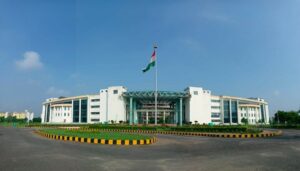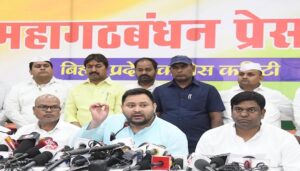Chief Minister Nitish Kumar Launches Pioneering Climate Strategy at Bihar Climate Action Conclave
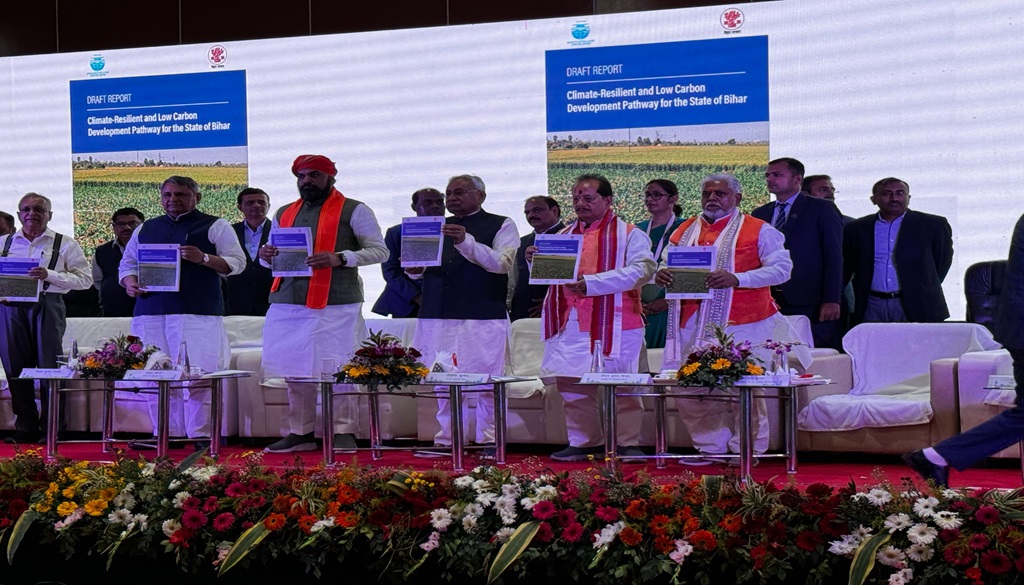
Patna: Chief Minister Nitish Kumar inaugurated the Bihar Climate Action Conclave on March 4, unveiling the draft of the “Climate Resilient and Low Carbon Development Pathway for Bihar,” the first of its kind in the country.
He also launched 26 projects worth Rs. 108.33 crores from the Department of Environment, Forest, and Climate Change (DoEFCC), including India and Asia’s first dolphin research center in Patna. CM Nitish additionally unveiled an integrated dashboard for air quality monitoring sensors installed in all 543 block offices in the state.
The occasion also saw the inauguration of Bihar State Pollution Control Board (BSPCB)’s regional offices in Purnia and Bhagalpur. A draft Bihar Declaration on Climate Action was also released, aimed at committing all stakeholders to implementing scientific climate change mitigation and adaptation strategies in the state.
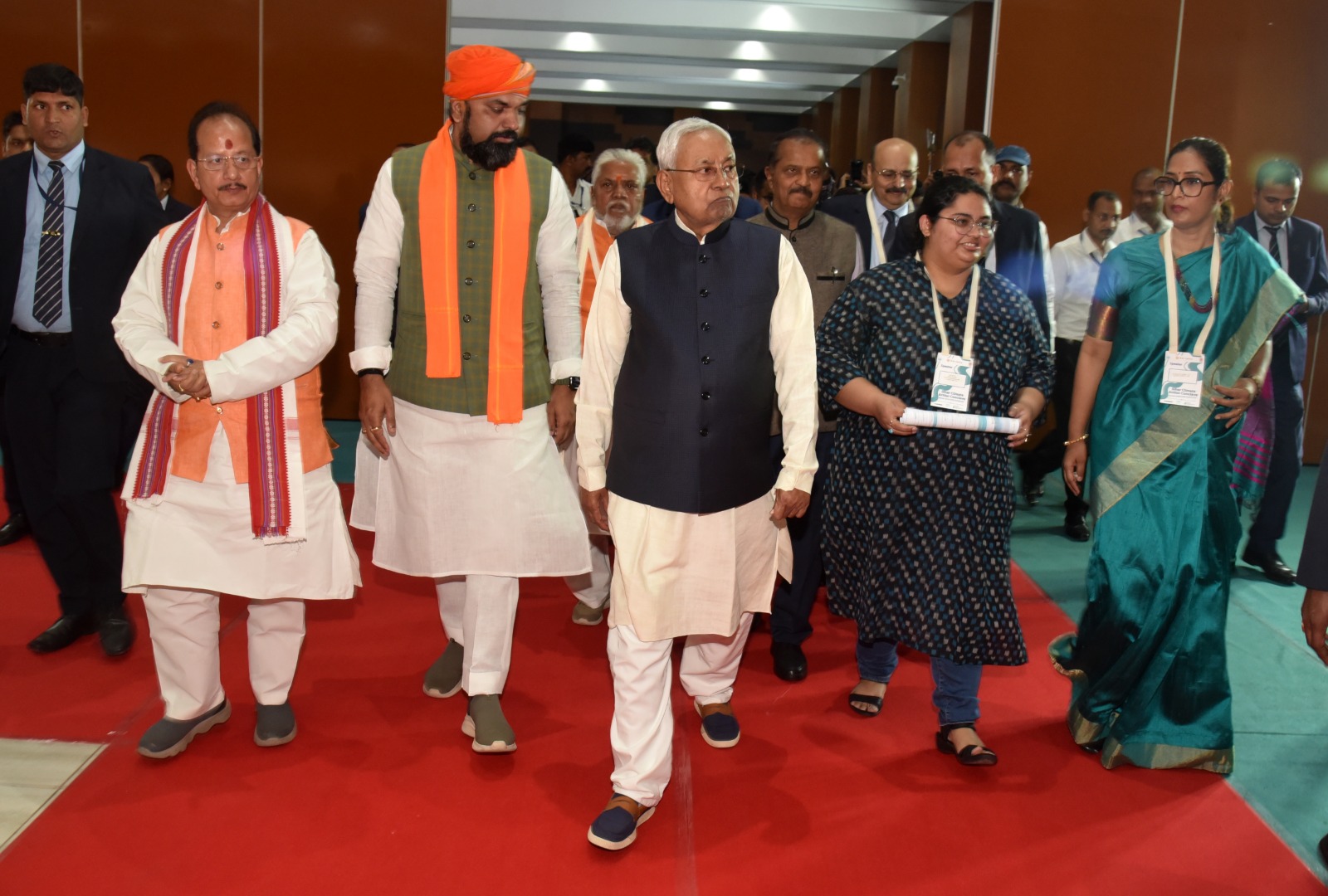
The CM visited various stalls at the Climate Action Expo, taking stock of innovative solutions, technologies, and initiatives aimed at mitigating climate change. Renowned organizations including the India Meteorological Department, Indian Oil Corporation, IIT-Patna, Taru Mitra, Nalanda University, and Bihar Agriculture University exhibited green practices and techniques.
Deputy CMs Samrat Choudhary and Vijay Kumar Sinha, along with DoEFCC Minister Prem Kumar, were present at the conclave organized by the DoEFCC and BSPCB, in collaboration with WRI India, UNEP, and the Shakti Sustainable Energy Foundation.
Speaking at the event, Minister Prem Kumar elaborated on the steps taken by the state and central governments to combat climate change. “India aims for net-zero carbon emissions by 2070 and commits to five ambitious goals under ‘Panchamrit’. Prime Minister Narendra Modi’s Panchamrit initiatives include pledges to increase non-fossil fuel capacity, meet 50% green energy demand, reduce carbon emissions, achieve net-zero by 2070, and utilize green hydrogen. Bihar CM Nitish Kumar also champions climate action through initiatives like water-climate adapted agriculture and the Jal Jeevan Hariyali Mission, enhancing water conservation and green cover.”
Several senior officials from central and state governments, including Sujit Kumar Bajpayee, Joint Secretary, Union Ministry of Environment, Forest and Climate Change, and Ravi Shankar Prasad, Special Chief Secretary of Assam, also participated in the conclave. Top Bihar government officials who spoke at the conclave included Dipak Kumar Singh, Additional Chief Secretary (Co-operative), Sandeep Poundrik, Additional Chief Secretary (Industries), Arvind Kumar Chaudhary, Principal Secretary (Finance), Sanjeev Hans, Principal Secretary (Energy), Santosh Kumar Mall, Principal Secretary (Urban Development and Housing), and Dr. D. K. Shukla, Chairman of BSPCB among others. The Conclave consisted of six sessions throughout the day, where experts, stakeholders, policymakers, and practitioners brainstormed tailored climate strategies for Bihar.
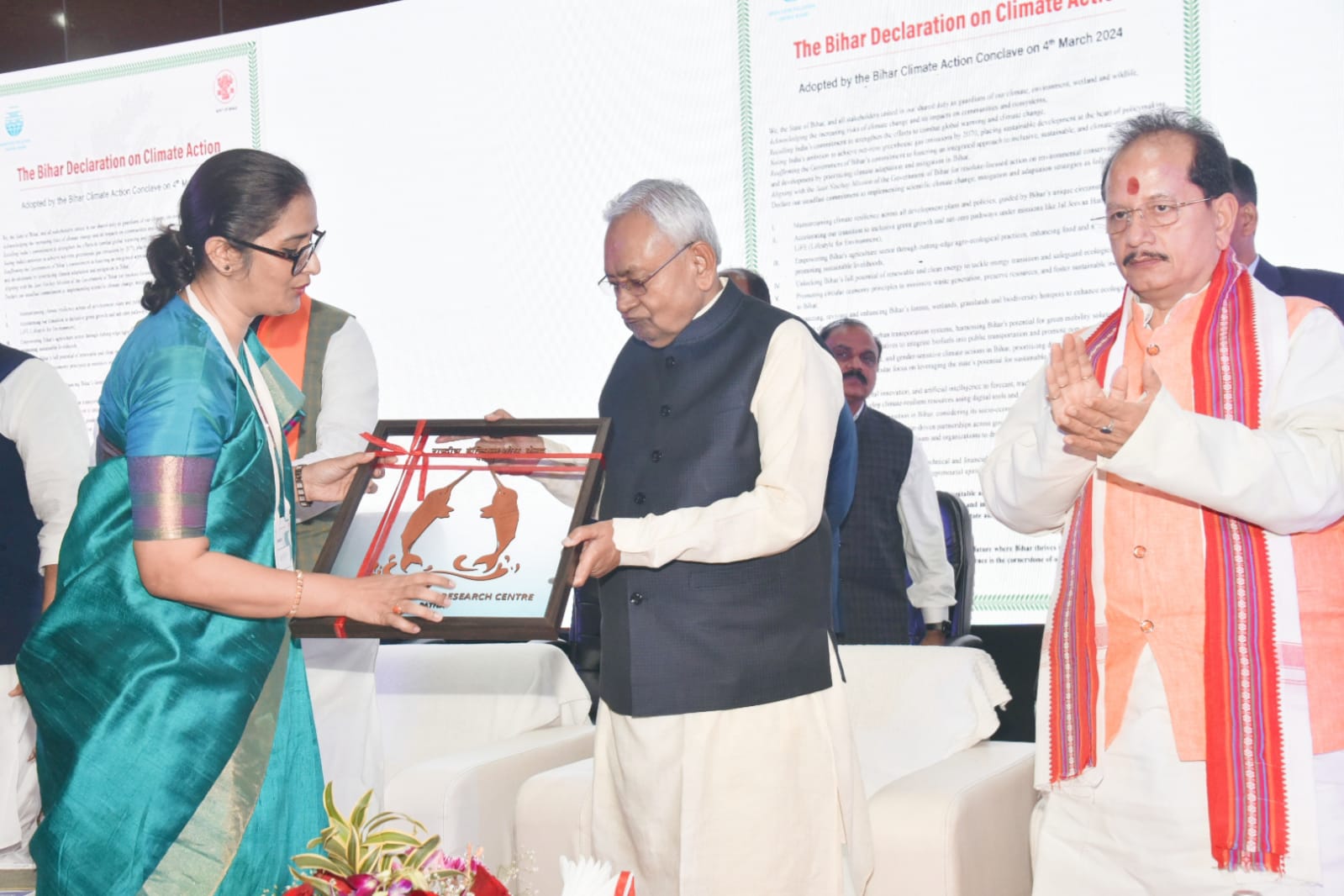
Sharing her views in the inaugural session, Secretary (DoEFCC) Bandana Preyashi stated that Bihar’s climate action strategy is included in the state action plan, highlighting an increase in green cover and robust biodiversity under CM Nitish Kumar’s leadership. “Today will be remembered as a milestone in biodiversity conservation, pollution control, and sustainable and climate-resilient development of Bihar,” she said.
During a session, ACS (Co-operative) Dipak Kumar Singh said, “The state government’s adoption of green budgeting signifies a proactive approach towards environmental stewardship. By scrutinizing departmental budgets and prioritizing initiatives with tangible benefits, like interventions in the brick kiln industry, the government aims to translate environmental goals into meaningful actions for citizens. Despite challenges, efforts to tailor strategies and foster public engagement are vital for achieving a sustainable future.”
Discussing climate-friendly practices in the industries department, ACS Poundrik said, “The industries department’s strategic focus on sectors like food processing and IT in Bihar has led to significant growth, particularly in ethanol production. Ethanol’s environmental benefits, coupled with plans to increase blending with petrol, highlight the state’s commitment to reducing carbon emissions. Encouraging the use of piped natural gas and rooftop solar panels further underscores Bihar’s balanced approach to sustainable development.”
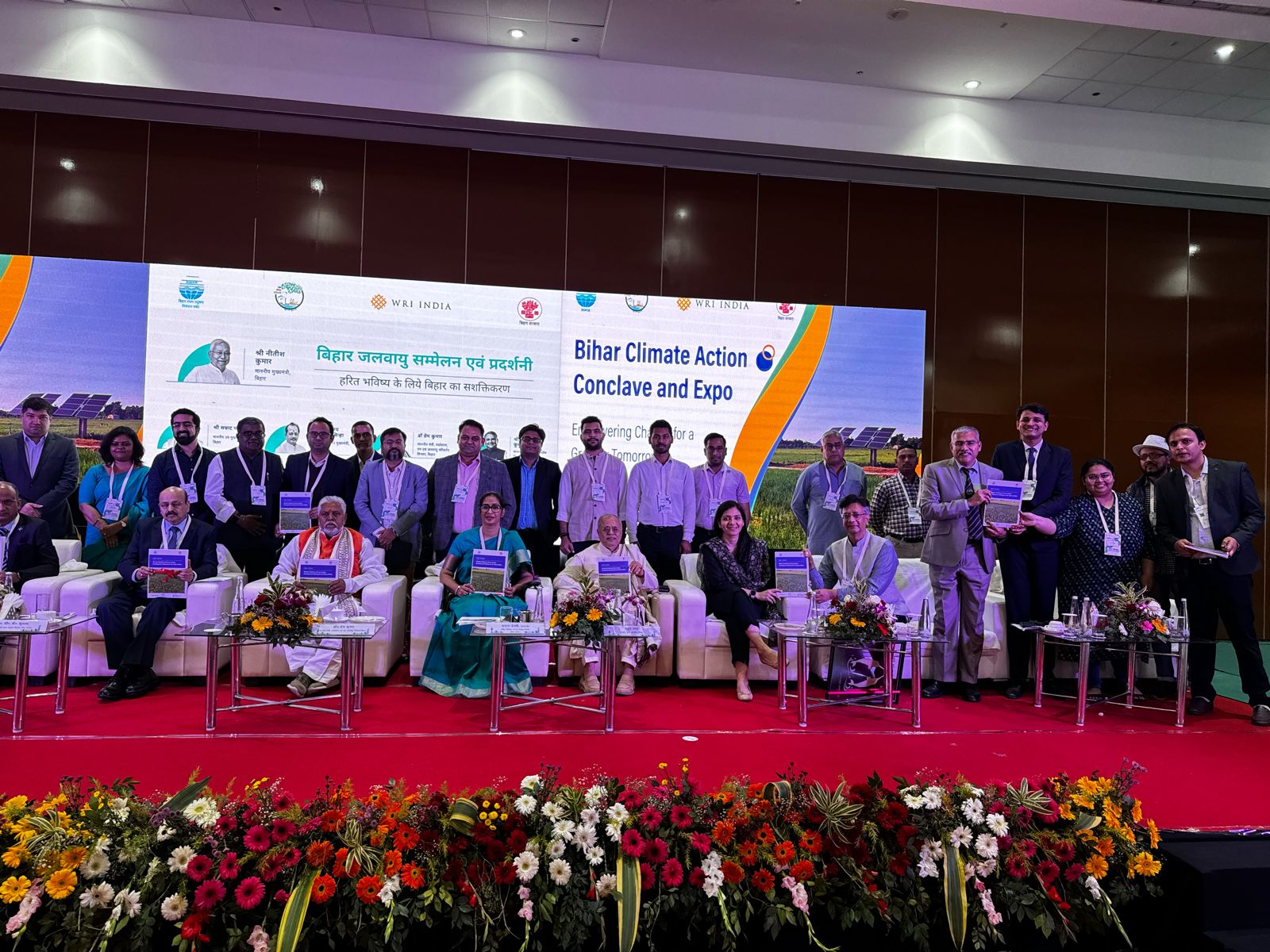
Deliberating on environment-friendly practices in the energy sector in Bihar, Principal Secretary Hans said, “Bihar’s focus on renewable energy in the power sector underscores its commitment to emission reduction and climate mitigation. With visionary leadership and policy initiatives like the Renewable Energy Policy and ‘Jal Jeevan,’ the state aims to align with national goals for carbon neutrality by 2070. Integration of renewables and energy conservation measures signal Bihar’s strides towards environmental sustainability and reduced pollution.”
Speaking at the event, BSPCB chairman talked about the uncertainty involved in climate risk assessment, necessitating solutions customized to local needs.


